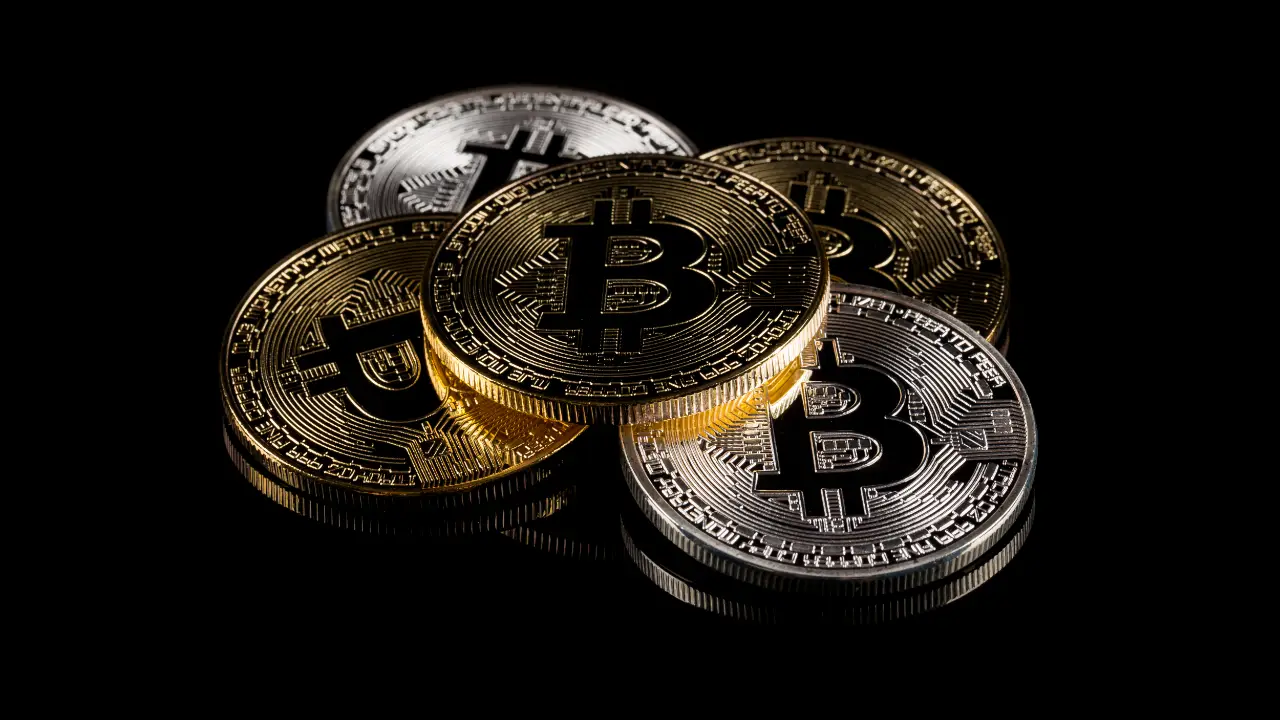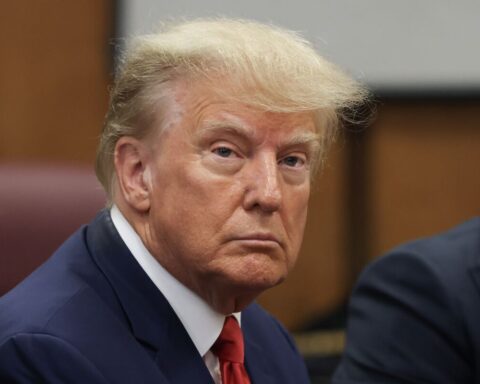In an exclusive interview with Cointelegraph, Senator Andrew Bragg has issued a stark warning, stating that Australian investors could face exposure to unregulated markets and risk driving investments away from the country if the Digital Assets (Market Regulation) Bill is rejected by parliament.
This caution comes in the wake of the Senate Committee on Economics Legislation’s recommendation on September 4th to reject Bragg’s bill and continue industry consultations regarding cryptocurrency regulation.
Labor Party Senator Jess Walsh, who chairs the Committee, explained the rejection in a report, citing concerns that the bill “fails to interoperate with the established regulatory landscape, creating a genuine concern for regulatory arbitrage and adverse outcomes to the industry.”
Senator Bragg expressed his disappointment with the Committee’s recommendation, emphasizing that it would “expose consumers to an unregulated market and drive investment offshore.”
He underscored the dual purpose of digital asset regulations, asserting that they safeguard consumers while also fostering market investment and activity, which is why the former Liberal government placed them on the legislative agenda in October 2021.
Bragg believes that the rejection of his bill is largely rooted in partisan politics, as several Labor Party members sit on the Senate Committee.
He criticized their decision for stalling the implementation of digital asset regulations in Australia, lamenting that Australia is now approaching the end of 2023 with no plan to enact these regulations.
However, Liam Hennessey, a partner at international law firm Clyde & Co., offered a different perspective.
He suggested that the rejection may be more related to a separate regulatory process, specifically the Treasury’s consultation paper on the government’s “token mapping” exercise.
Hennessey emphasized that the rejection of Bragg’s draft bill may not necessarily be detrimental to crypto regulation in Australia.
Hennessey explained that Senator Bragg’s bill and the feedback it received from the industry would still be considered.
READ MORE:Coinbase Launches Institutional Crypto Lending Service Amid Market Turbulence
The Senate is currently dealing with a multitude of legislation, and the delay should not be overanalyzed.
He concluded that Bragg’s bill and the effort put into it would inform the government’s approach to crypto regulation.
The Australian government initiated a token mapping exercise in August, aiming to identify how crypto assets and related services should be regulated.
In February, the Treasury released a public consultation paper as a foundational step in regulating the digital asset market.
However, there has been little mention of digital assets or the broader regulatory approach since then.
Bragg introduced the Digital Assets (Market Regulation) Bill 2023 in March, intending to protect consumers and promote investors.
The bill contains recommendations for regulating stablecoins, licensing exchanges, and establishing custody requirements.
It is currently before the Senate and is expected to be voted on during the next sitting session.
Other Stories:
Ethereum’s Price Stability Under Threat as Bearish Sentiment and Network Metrics Weigh In
MetaMask Users Targeted in Cryptocurrency Scam Using Government Website URLs
Bitcoin’s Price Correction to $22,000 Grows Likely as Bearish Signals Emerge in Derivatives




